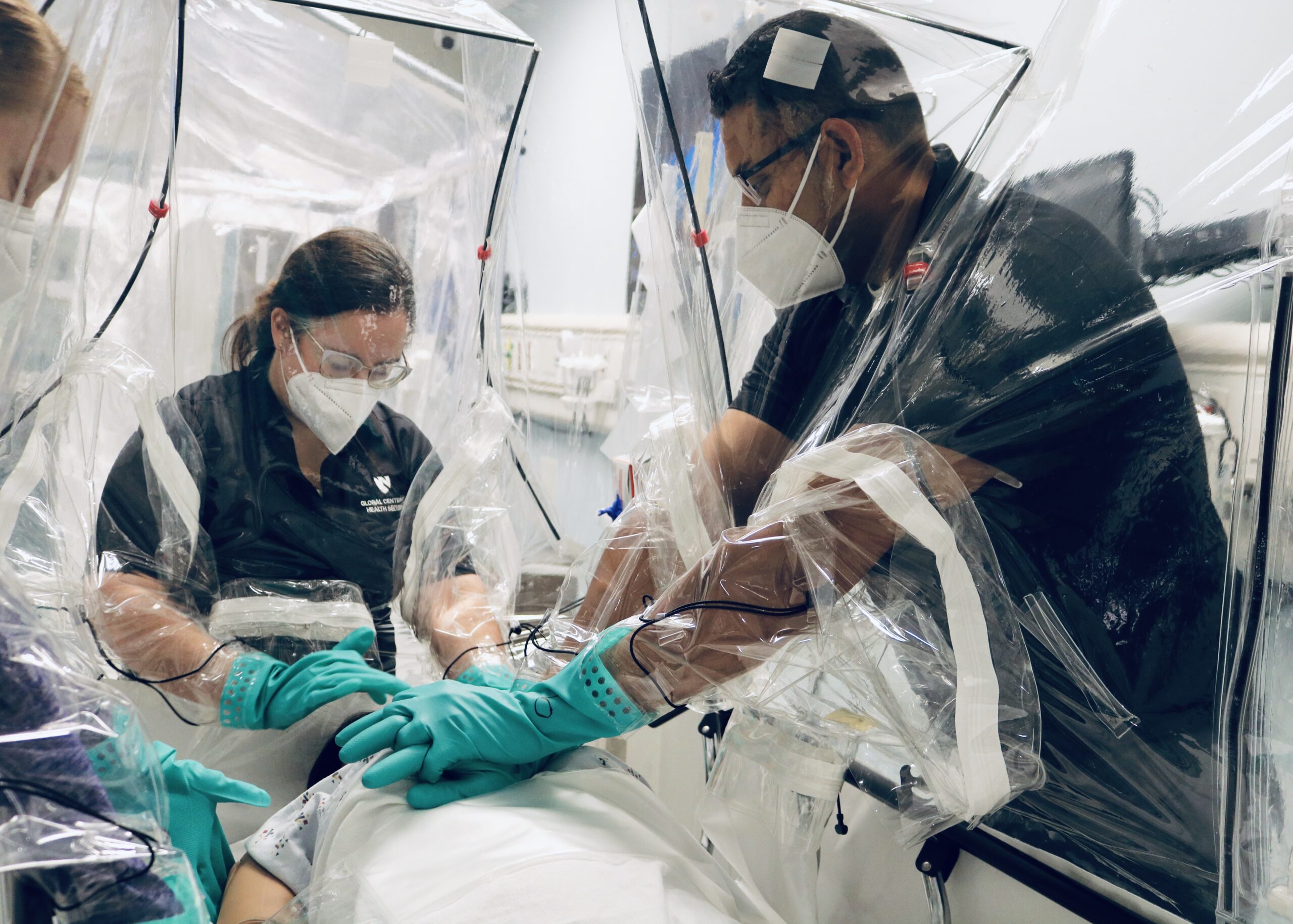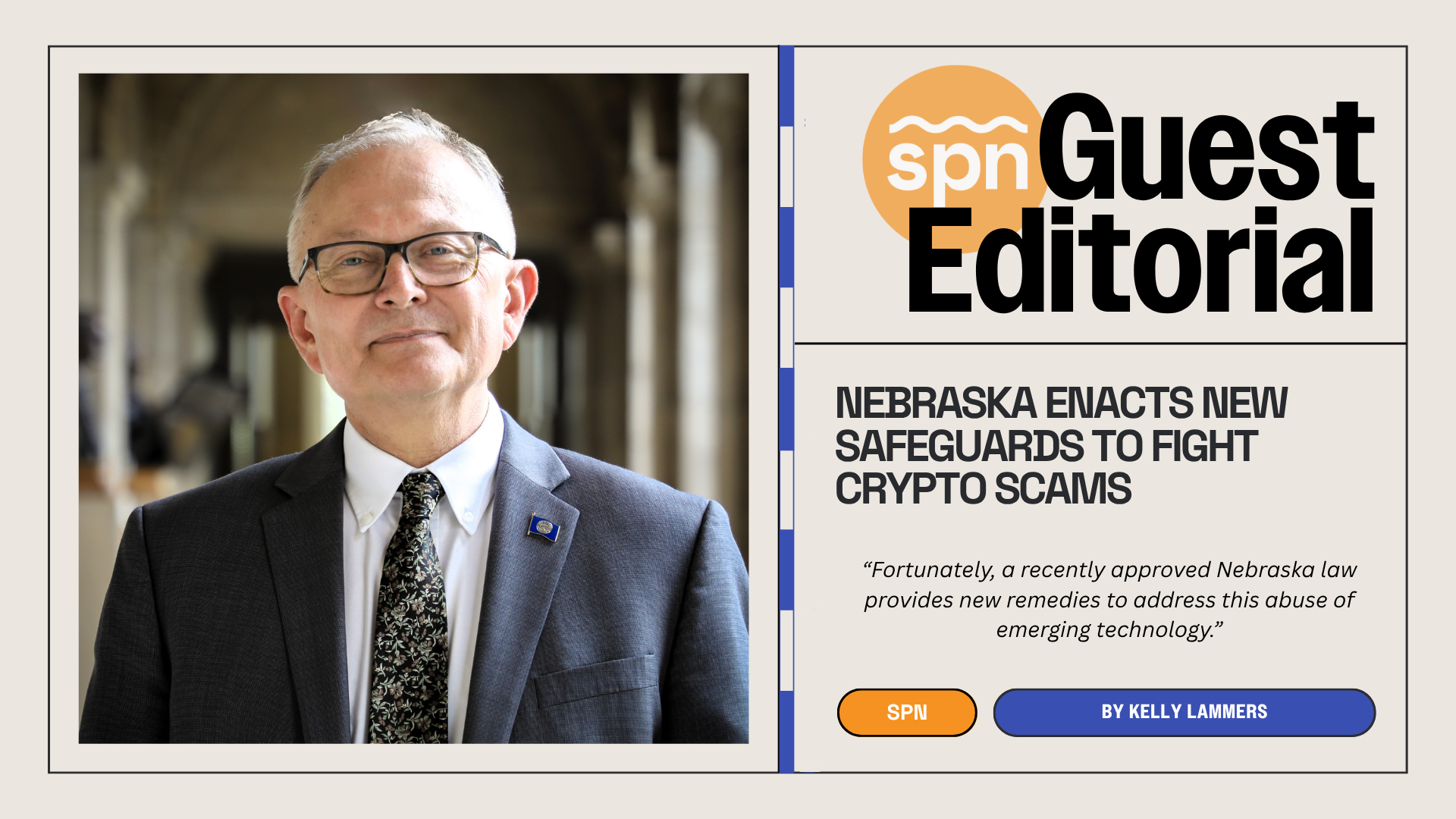 Early this morning, Sprint announced its latest and largest entrepreneurial endeavor: Kansas City will be home to the Silicon Prairie’s first accelerator powered by Techstars. And it will center on one of the area’s biggest strengths: health care technology. The legacies, old and new, of Marion Laboratories, Cerner, Children’s Mercy, Stowers Institute and many others will merge with the ideas of entrepreneurs from early-stage companies to build upon those innovations with a new wave.
Early this morning, Sprint announced its latest and largest entrepreneurial endeavor: Kansas City will be home to the Silicon Prairie’s first accelerator powered by Techstars. And it will center on one of the area’s biggest strengths: health care technology. The legacies, old and new, of Marion Laboratories, Cerner, Children’s Mercy, Stowers Institute and many others will merge with the ideas of entrepreneurs from early-stage companies to build upon those innovations with a new wave.
That density of health care knowledge will provide the backbone. Sprint will open its doors to its research facilities, labs, API, technology and more, while pulling in corporate partners and experts to help the 10 teams on their way through the three-month program—applications are open now for a March start. Techstars will provide its typical combination of $20,000 in seed funding and an optional $100,000 convertible debt note—all through backing by more than 75 venture capitalists and angel investors.
Yet, Kansas City is far from the usual location for Techstars, which has programs it either runs itself or runs in cooperation with major brands, such as Sprint—those “powered by Techstars.”
It runs accelerators in seven cities—Austin, Boston, Boulder, Chicago, London, New York City and Seattle—and powers programs for Nike, Kaplan and R/GA, but KC is a location that fell into place after the Boulder, Colo.-based company learned more. David Cohen, founder and CEO of Techstars, started seeing the pieces come together last year, about when he gave the keynote at the Silicon Prairie Awards.
“It felt like the community was about to pop,” Cohen (right) told Silicon Prairie News. “We spent some time in the area, and it had similarities to Boulder. We love to be associated with startup communities that are up and coming and have a chip on their shoulder.”
Techstars co-founder Brad Feld‘s history in Kansas City also gave them strong footing to get involved. Feld was an entrepreneur-in-residence at Kauffman Foundation in the mid-90s and recently bought a house in the Kansas City Startup Village to spur innovation around Google Fiber. With the news today, he shared his excitement for the partnership on his blog, saying of KC, “I like the people a lot and think it has one of the most exciting growing startup communities in the United States.”
From Sprint’s side, vice president of development Kevin McGinnis (left) said the company was assessing what opportunities were available for Sprint in the entrepreneurial ecosystem and found an accelerator could help solve business problems for the company while building density for the startup community.
“Real-time market and product testing is very attractive to us, along with the ability to change corporate culture from the inside,” he said. “Running an accelerator is not in our core competency. It’s not in our DNA right now. Techstars is the leading brand in accelerators. It was an easy choice for us, if they wanted to be in KC.”
Their model has had a lot of success, by most measures. Techstars takes about 1 percent of applicants for programs and 1 percent of brands for “powered” accelerators, according to Cohen. Since its first class in 2007, 256 companies have graduated. 28 of them have failed. 24 have been acquired. 204 are active. They’ve brought in almost $400 million in funding and created almost 1,900 jobs. It all makes it easy to answer questions about whether entrepreneurs will want to move to Kansas City, and Cohen has good reason to believe many of the companies that roll into town will stay here.
“Techstars has been running for seven years,” Cohen said. “Historically, half of the companies that come from outside the area stay. We find the ones that stay tend to be the better ones, who also make use of the mentors they’ve built relationships with.”
Although the goal of the program first and foremost is for Sprint to work with early-stage companies to “build the future of mobile health that changes the world one patient or consumer at a time,” as the Accelerator states, McGinnis knows there’s a great opportunity here for the Silicon Prairie. He’s seen it a number of times: Get people here and they won’t want to leave. The key is getting them here in the first place to see all it has to offer.
“We believe it’s a strong validation of how strong Kansas City’s ecosystem has become,” he said. “It’s not just about building companies and growing companies, it’s attracting talent. This shines a light beyond our region on what’s happening here.”
Dylan Boyd, managing director of the Nike+ Accelerator in Portland, Ore., took a tour of Kansas City to see the local flavor and bring lessons learned from that Accelerator—which included Silicon Prairie startup Nextstep.io—to the process.
“We set out on foot,” Boyd (right) said. “We started going into all these places and saw what makes this place amazing. We saw so many similarities with Portland, Boulder and Seattle. People building great companies. It’s time to start recognizing the entrepreneurial spirit in Kansas City. It’s ripe and it’s ready.”
Silicon Prairie entrepreneurs will recognize many of the 74 mentors currently involved in the project—which includes Alex Altomare, Joni Cobb, Maria Meyer, Tina Peterson, Davyeon Ross, Toby Rush and Michael Wetta.
Credits: Head shots from LinkedIn.






